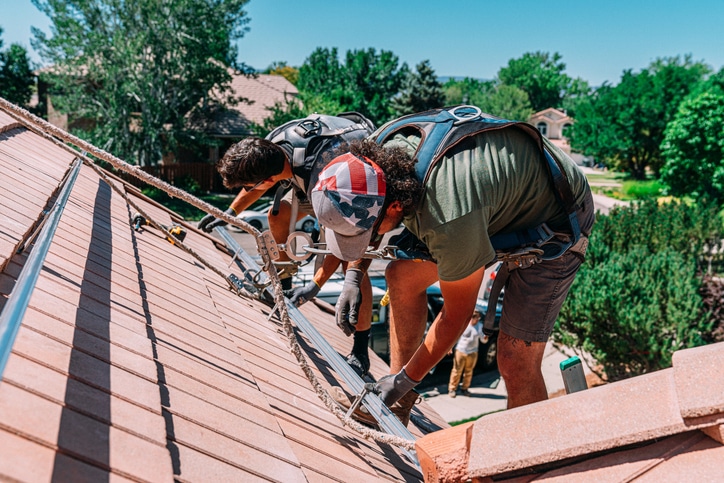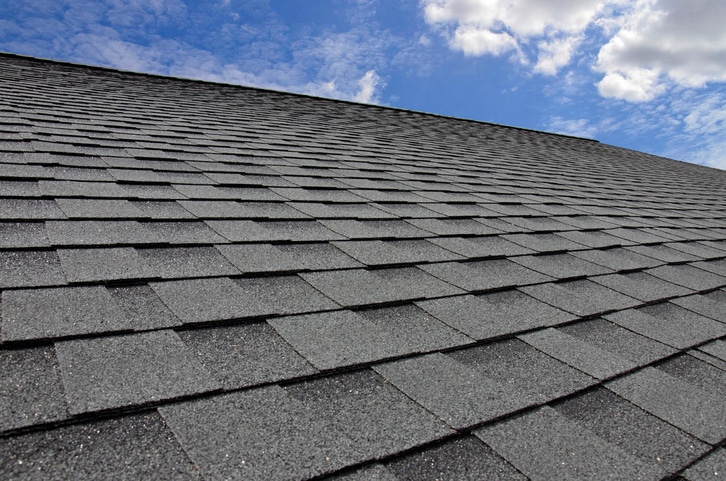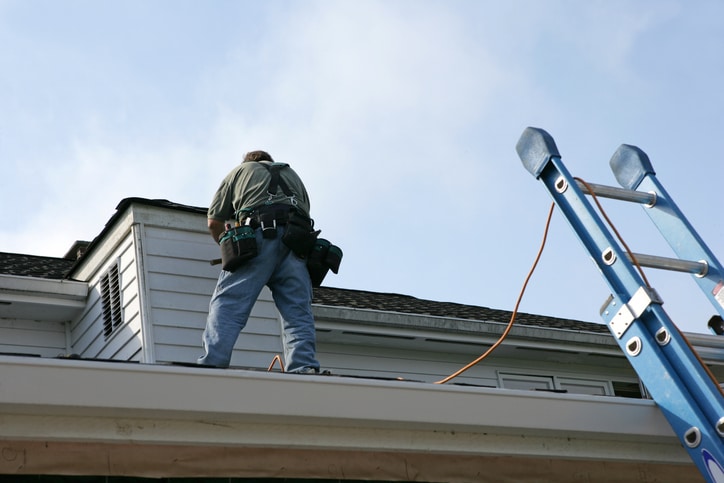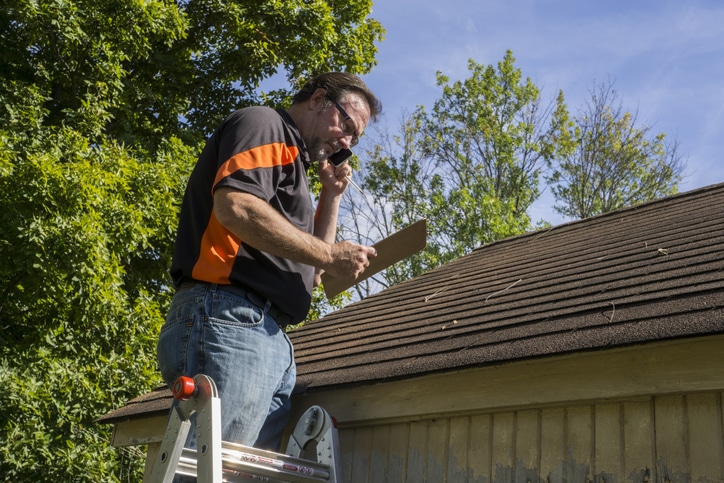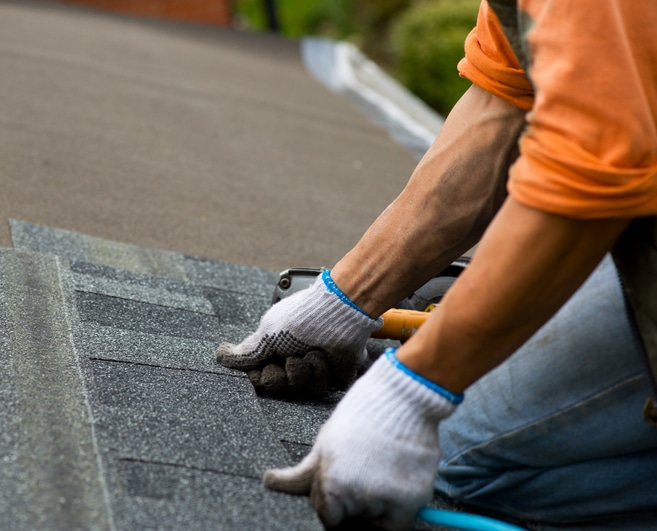Choosing the best gutter system for your roof is critical to safeguarding your home. Your gutters channel rainwater away from your foundation, preventing costly water damage.
Our guide will help you through the process, covering everything from material selection to gutter protection.
Matching Gutters to Roof Types
Different roof types come with their own gutter considerations. Here’s a breakdown:
Asphalt shingle roofs are the most common roof type, and they generally work well with standard aluminum or copper gutters.
The slope of the roof allows for efficient water runoff into the gutters.
Metal roofs are known for their smooth surfaces, which can cause rapid water runoff. Larger gutters or specialized gutter profiles may be required to handle this increased volume. Aluminum or copper work great here.
Tile Roofs, especially those coupled with significant pitch, can also generate substantial water runoff. Durable materials like copper or galvanized steel are recommended for their strength and resistance to the weight of potential debris buildup.
Flat roofs require specialized internal or parapet gutter systems. These unique systems are designed to manage water pooling and prevent leaks.
Seamless Gutters vs. Traditional
1. Seamless gutters are formed on-site from a single piece of aluminum or copper. This means there are no joints that are common with conventional sectional gutters.
Seamless gutters reduce the risk of leaks and clogs, making them more durable and low-maintenance.
Although they are generally more expensive upfront, their reduced need for maintenance and longevity make them worthwhile investments.
2. Traditional sectional gutters come pre-cut into sections and are connected by joints. While they are initially less expensive, they are more susceptible to leaks and clogs at these joints. Additionally, they require more frequent maintenance.
Gutter materials
- Aluminum is the most popular choice due to its affordability, lightweight construction, and resistance to rust. It is available in a variety of colors and can be painted to match your home.
- Copper is a premium option known for its durability, aesthetic appeal, and natural resistance to algae and mold growth.
- Vinyl is a budget-friendly option but can become brittle in cold weather and more susceptible to damage.
- Galvanized steel is strong, durable, and resistant to rust and corrosion. However, because it is heavier than aluminum, it can be a challenge to install.
Gutter protection tips
Gutter guards and gutter screens: Mesh or screen covers that fit over your gutters prevent leaves, twigs, and other debris from entering, reducing the need for cleaning and maintenance.
Micro-Mesh gutter guards: These fine mesh screens block even small debris.
Reverse-curve gutter guards use surface tension to direct water into the gutter while diverting debris away.
Regularly inspect your gutters every spring, fall, and after a big storm to ensure proper water flow.
Check your landscaping for regular tree trimming or overhanging branches to minimize debris.
The effectiveness of your gutter system hinges on proper installation. Southern National Roofing can help you choose and install the right system for your home.

